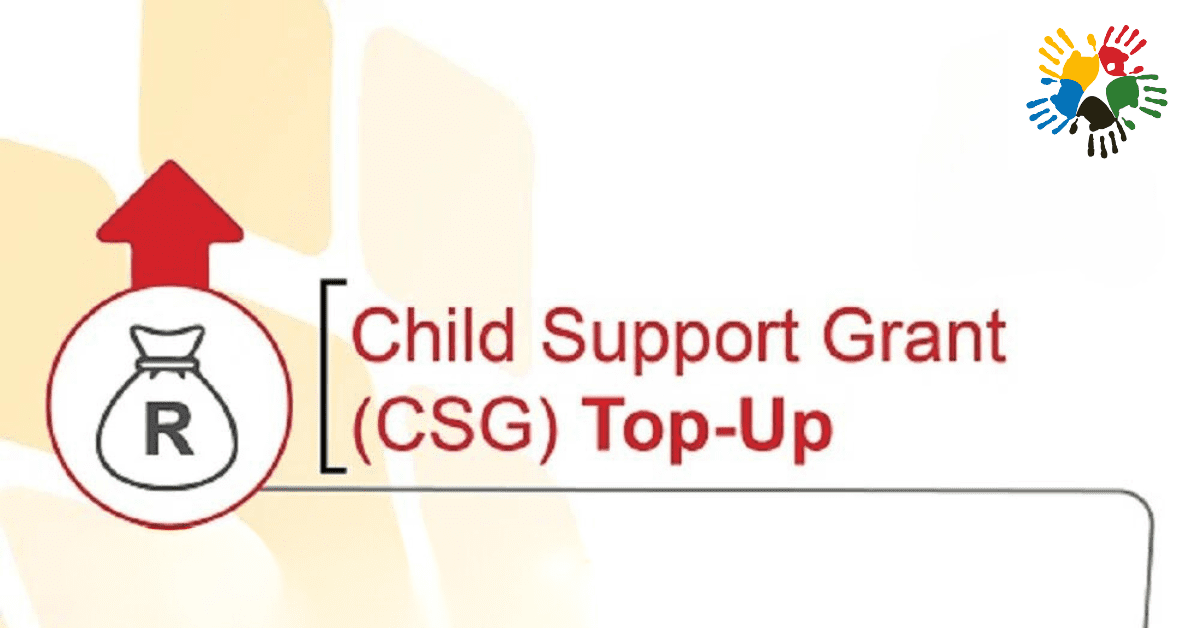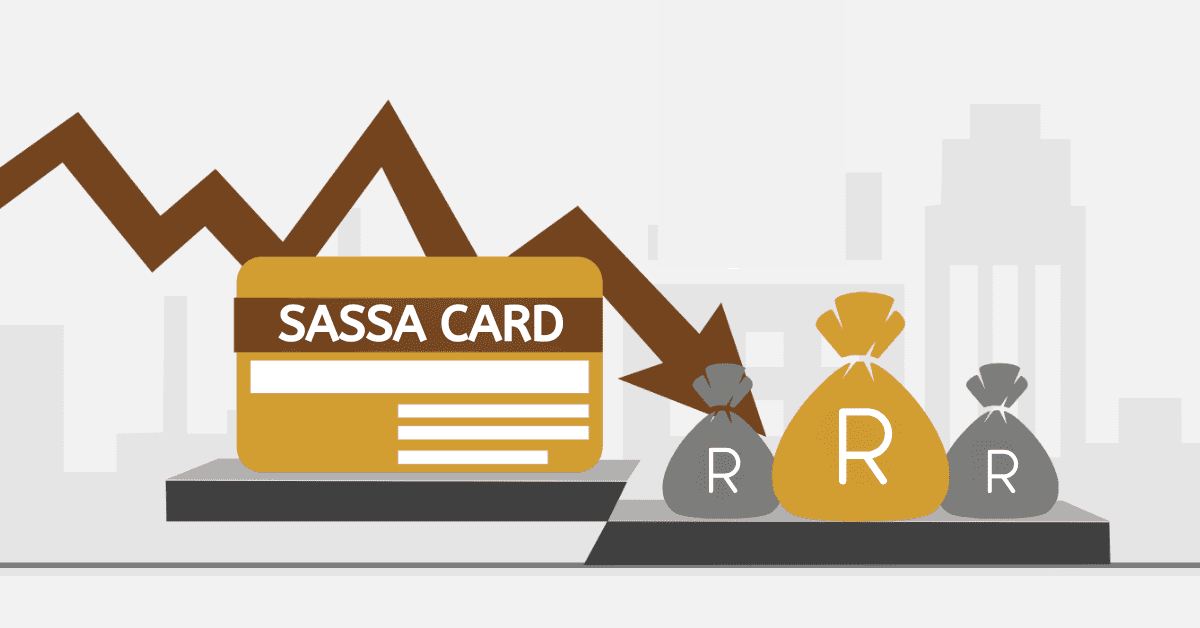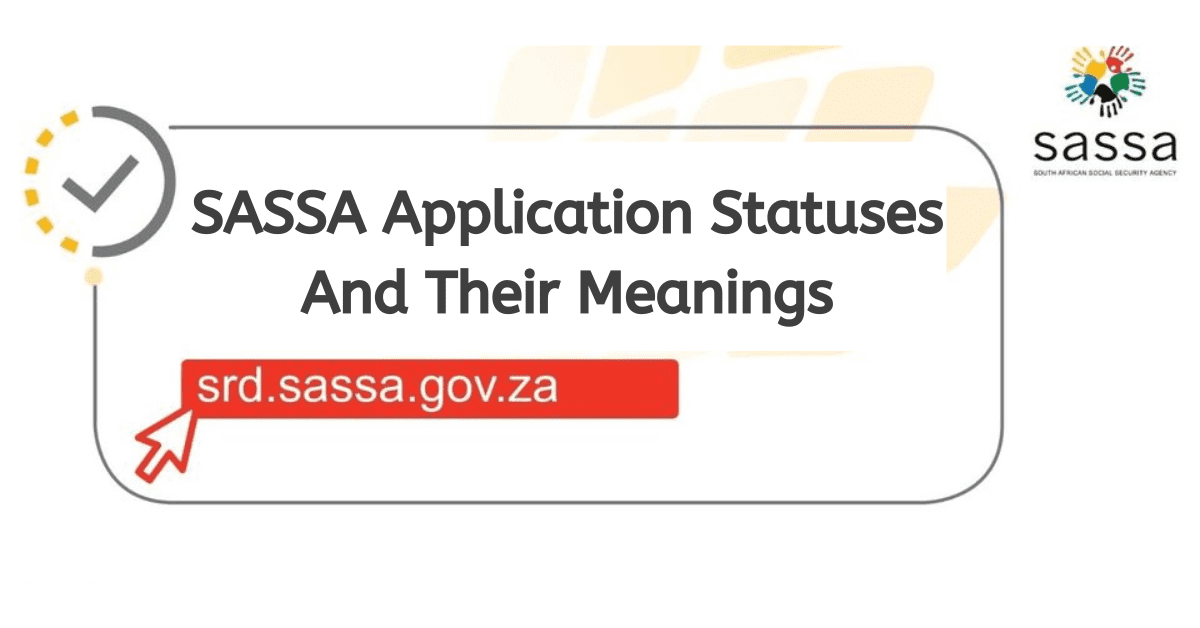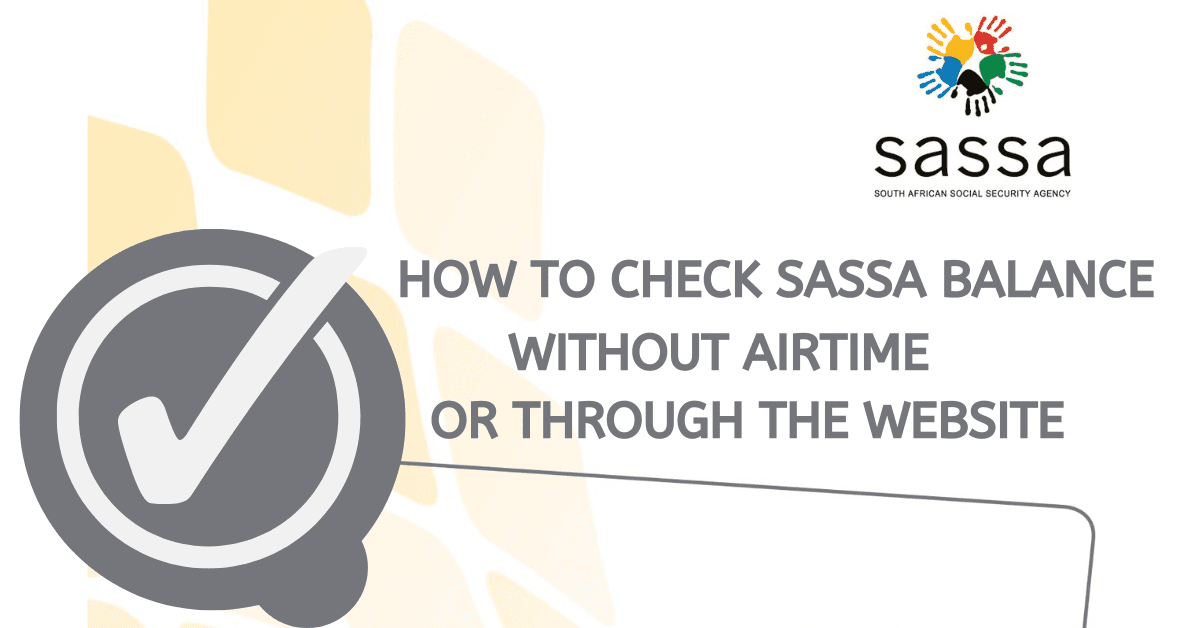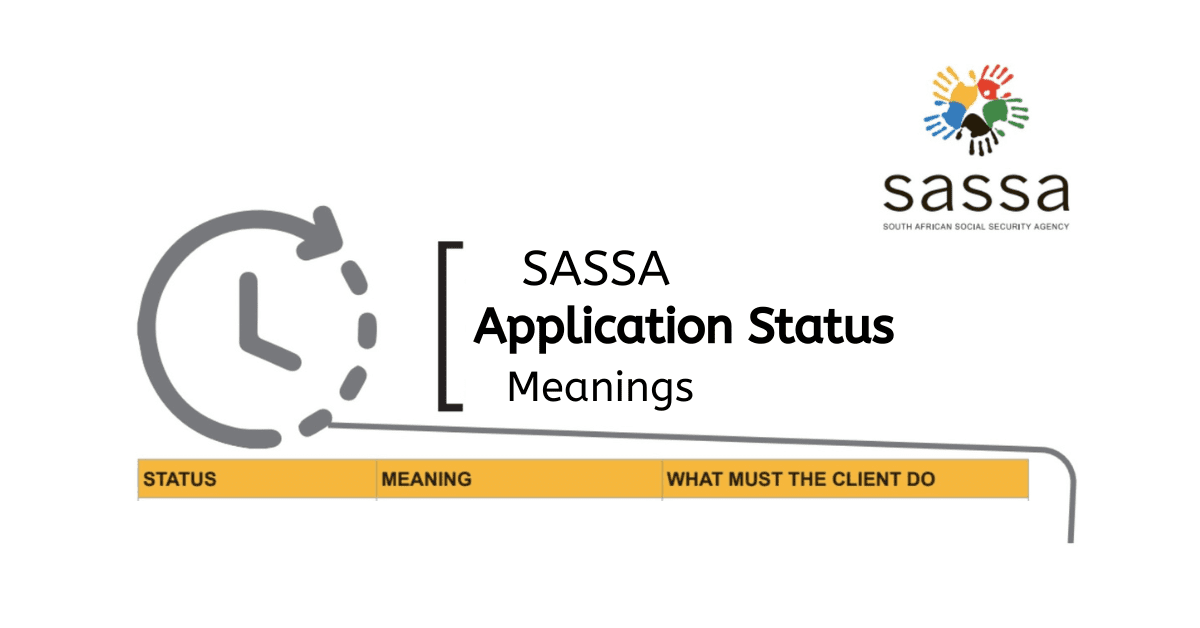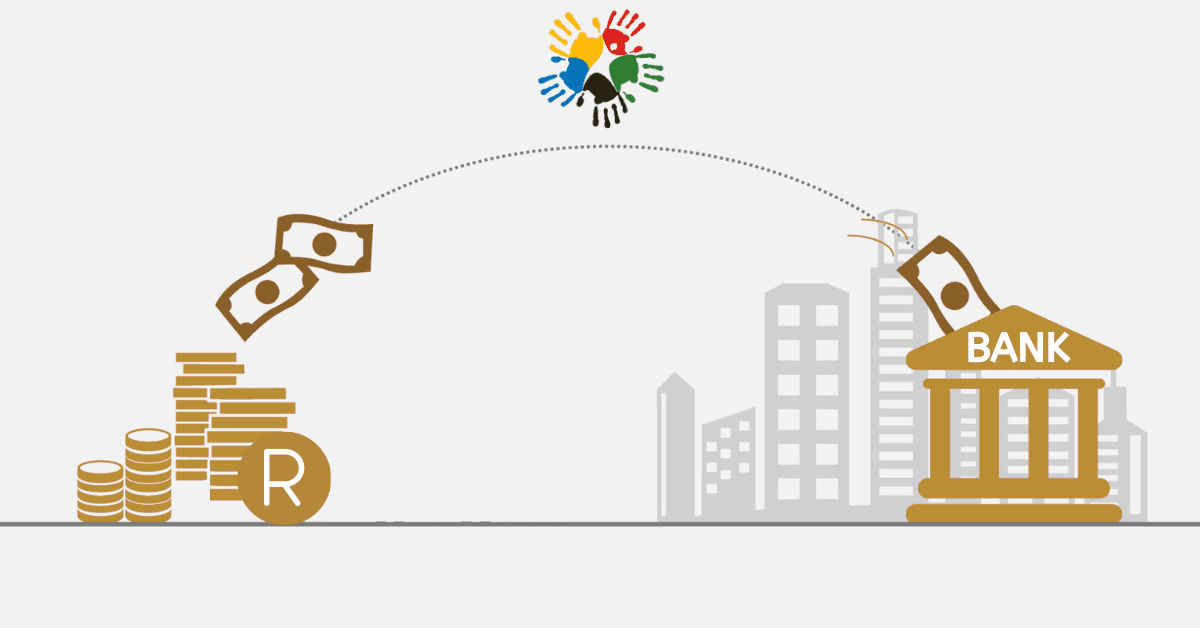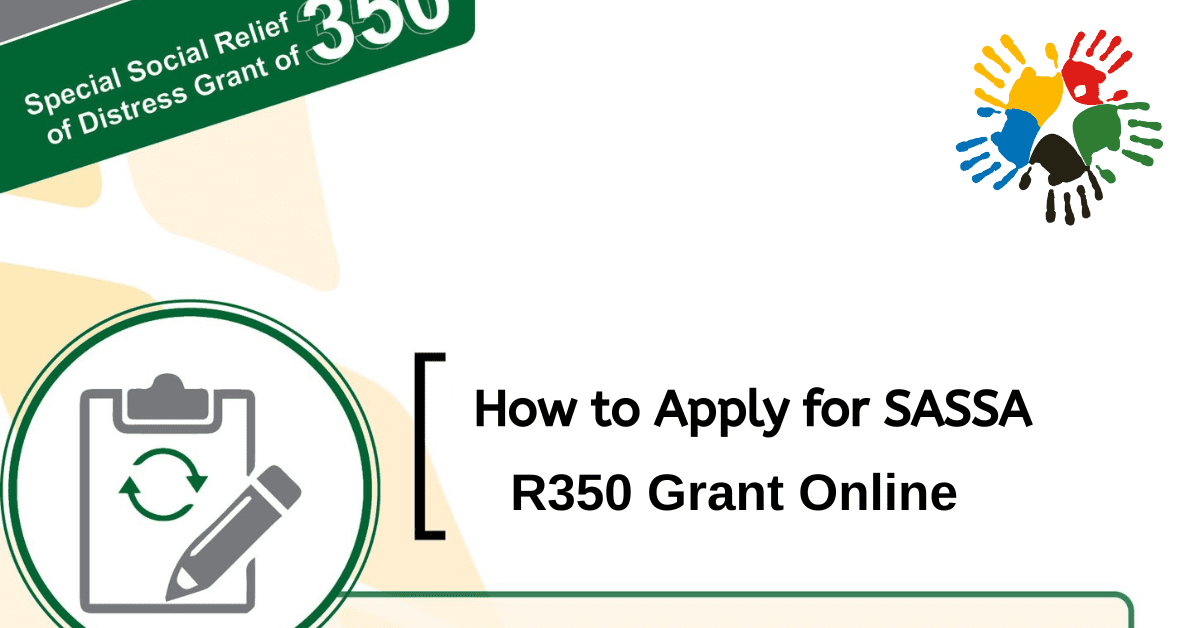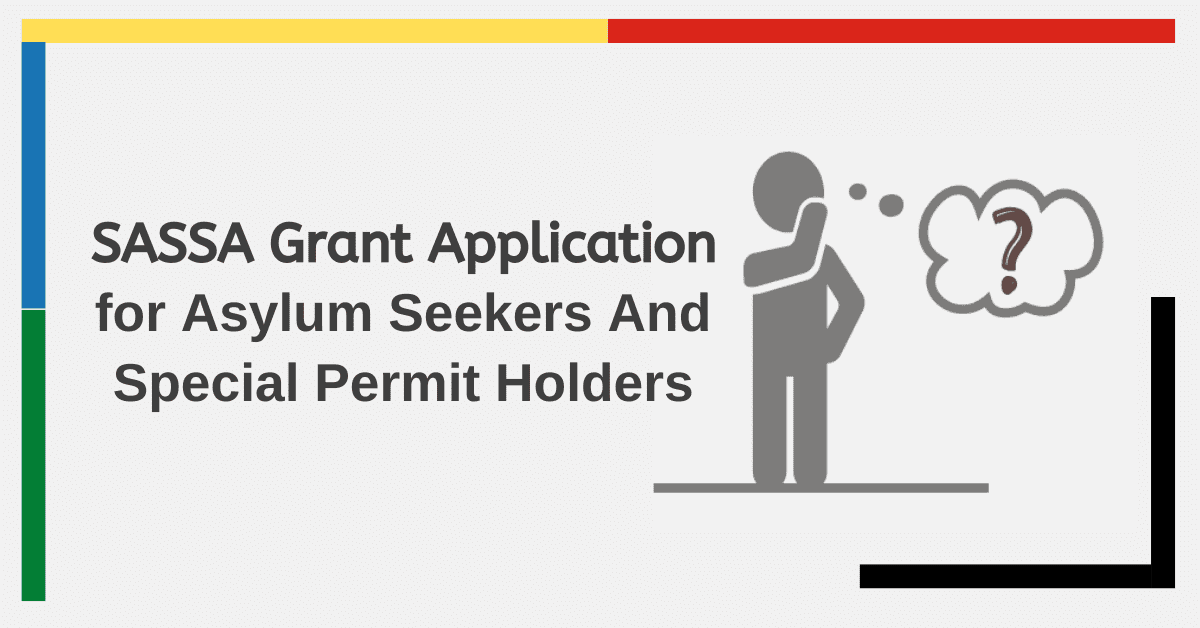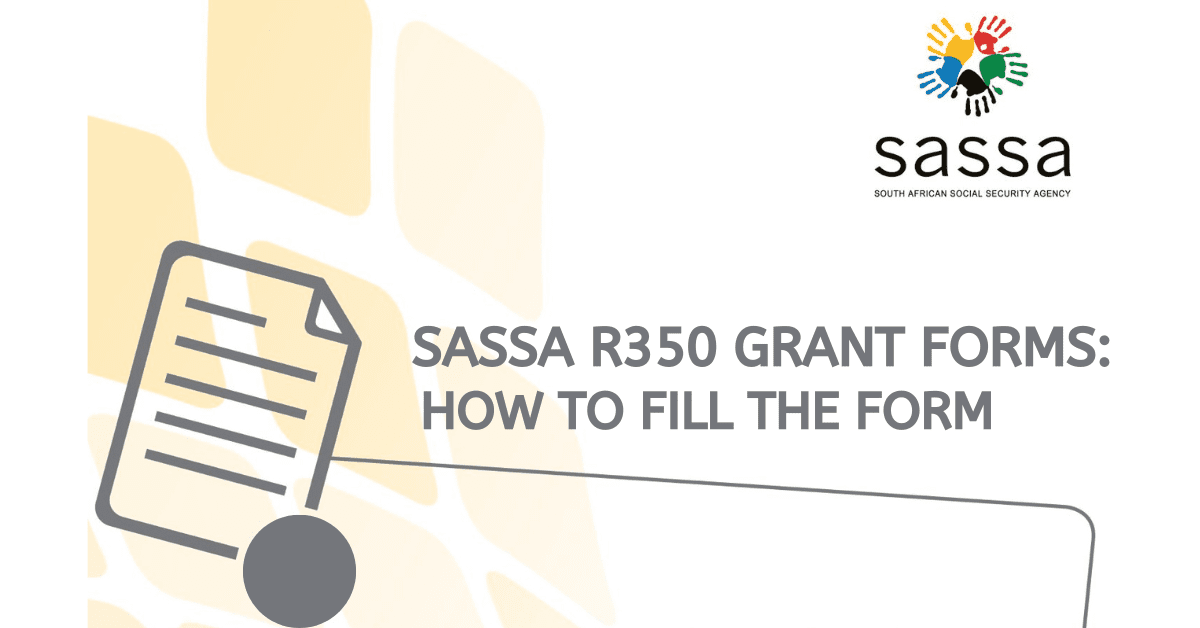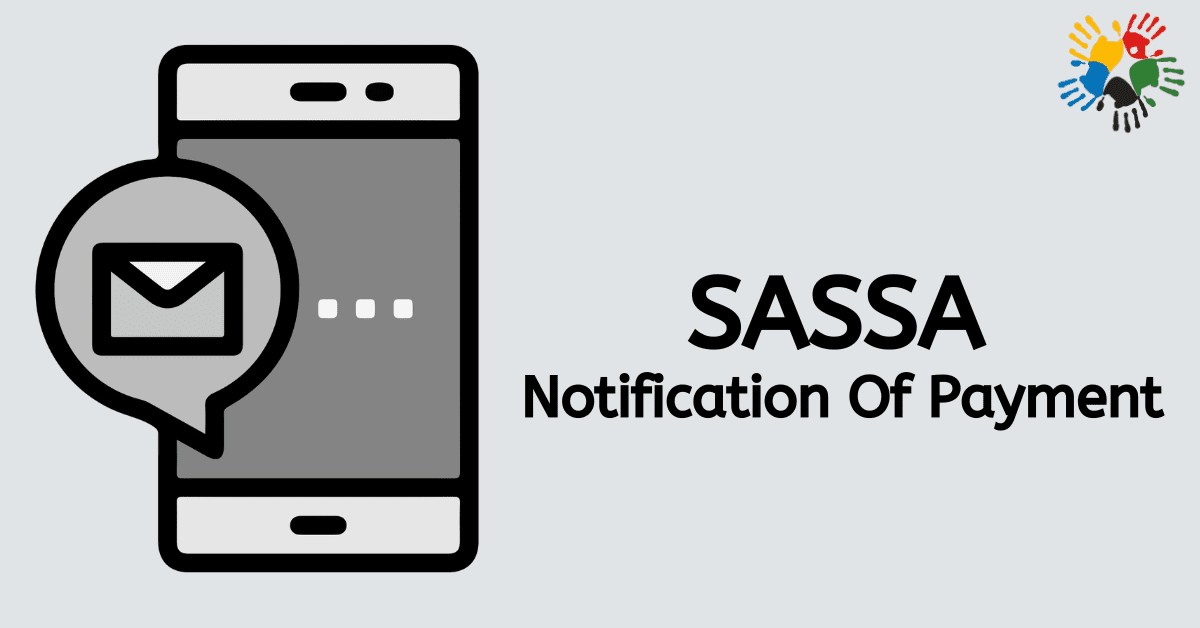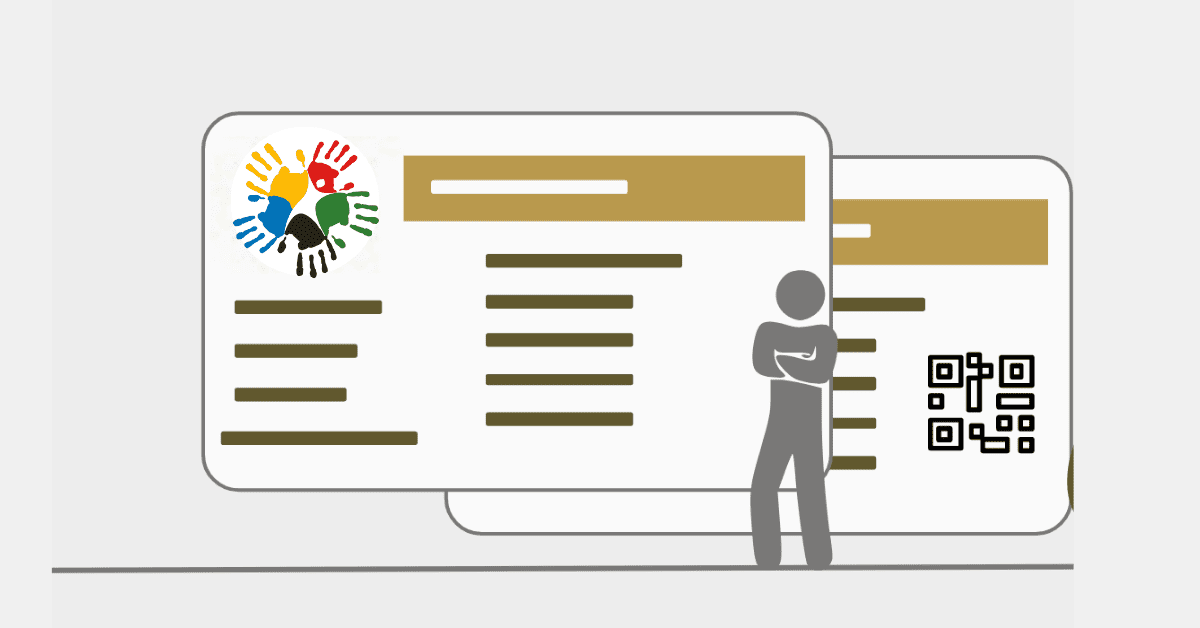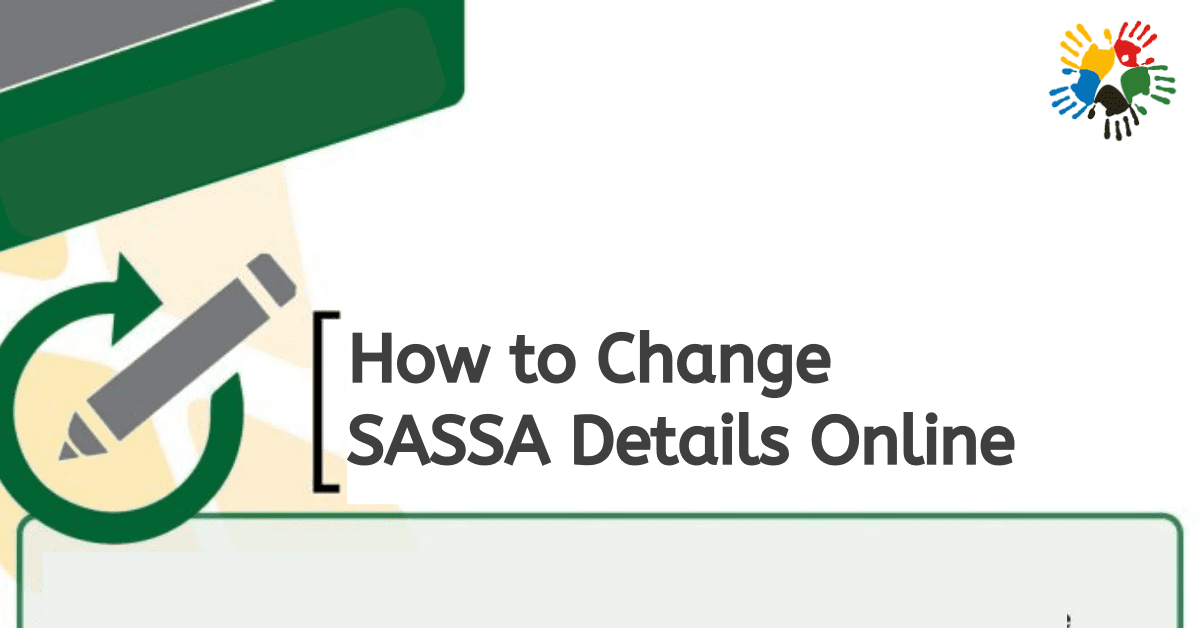When it comes to managing, administration, operations, and payment of Grants in South Africa, SASSA is considered the biggest agency. The South African social security agency looks at the welfare of South African citizens. As part of the values of SASSA, they focus on Equity, transparency, confidentiality, and promoting a culture that acknowledges human rights and democracy. For many years, this public institution has served South Africa’s people and promoted democracy with a quality customer service approach.
What Is Non-SASSA Declaration Form?
The South African Social Security Agency has worked its way up to becoming a leading government organisation in servicing eligible children, older people, and those who are categorised as physically challenged.
A non-SASSA declaration form is a document that validates an individual to be an orphan, and this is normally backed up by a social worker or an ex-school head or principal. Usually, the documents confirm that the applicant in question has no parents or guardians from the time of birth or within a particular period. This document is a piece of evidence that supports and completes your NSFAS application depending on your status.
A declaration section on the form needs to be signed or confirmed by the school principal or someone working in the social welfare industry. This form provides you with enough support to receive financial assistance for the NSFAS application to get the necessary funds for your university or TVET college.
The form is a two-page document with space including full name, phone number, ID number, school, and other vital information. Another section of this form must be filled by the social worker who authorised and validates your status as an orphan. Also, a section is provided by the (ex) school principal to fill out and sign. Both social workers filling and signing this form make this form valid and can be used anywhere as evidence for the required purposes.
Why is Non-SASSA Declaration Form Important?
Understanding every application process is very important. Most times, it pays a lot to read through the guidelines of any application of an institution. This gives you high leverage where your application may be deemed successful.
The Non-SASSA declaration form is an important document that can complete your NSFAS application in case you find yourself in that category that requires it. This document serves many purposes, and as such, it is a requirement for all applicants who are orphans or can not make certain financial declarations on their NSFAS application. This document actually serves as concrete proof that the applicant looking for funds from NSFAS indeed has no parents or guardians. This form certifies your application and gets you the necessary support for financing your tertiary education.
As part of the NSFAS requirements, the Non-SASSA declaration form is very critical if you find yourself in that supposed category. This provides enough evidence for your application to be considered. Without these documents, your NSFAS application may be held, indicating why the Non-SASSA declaration form is important. An authorised person must be indicated on this form to be considered valid for further consideration.
If you are an applicant looking for funds from NSFAS, and you have no parents or guardians, it is required that you get the Non-SASSA declaration form filled and signed out by the respective people in the society. This form will be needed to back your application if you cannot declare your household income.
Can NSFAS Reject You Because of Non-SASSA Declaration Form?
The national student financial aid scheme can reject applicants for many reasons. This could be a wrong entry or wrong document submission. NSFAS does not take pride in rejection, but as part of their policies, they can only accept applications that fully meet their requirements. Irrespective of your situation, there are forms available for an applicant to fill out to make certain declarations or provide documents to back their claims.
NSFAS can reject your application because of the Non-SASSA declaration form. This rejection is only for applicants who cannot declare or have no documents to declare their parents’ or guardians’ income. During your NSFAS application, once you cannot declare your parents’ annual income, you are required to get this form to serve as evidence of your application. Applicants who can complete the required entry for this section may not need to fill out the Non-SASSA declaration form.
Where Can I Get Non-SASSA Declaration Form?
Any applicant who is required to submit the Non-SASSA declaration form can download on from the official page of NSFAS. You can also send an email to request this form at any time it is needed. The official page of NSFAS, which is www.nsfas.org.za/content, has the Non-SASSA declaration form. This is free of charge when you download it from their website.
